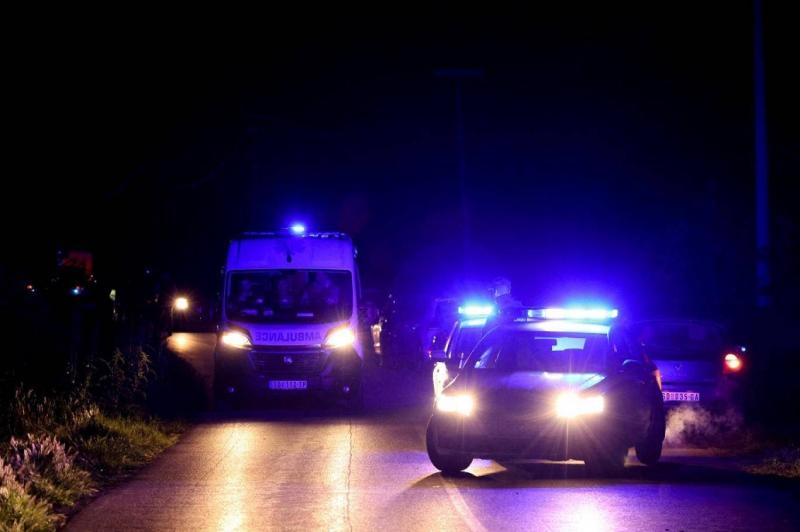Eight people were killed and 13 were injured on Thursday evening in a shooting near the Serbian city of Mladenovac, about 60 kilometers south of the capital, Belgrade, according to local media. This incident is reported to be the second within a week. After hours of the shooter's escape, police managed to apprehend the assailant, as stated by the state television channel "RTS," which did not provide further details. It was reported that the perpetrator fired from a moving vehicle using an automatic weapon before fleeing. Additionally, "the police are searching for the suspect." Serbian Interior Minister Bratislav Gašić described the incident as a "terrorist act." Channel "N1" reported that concerned individuals gathered outside the medical emergency center in Belgrade where at least eight of the injured were taken. The health minister made a brief visit to the center.
This incident follows an unprecedented shooting at a school in Belgrade the previous day, where a 13-year-old student killed eight of his classmates and a security guard, an event that shocked the nation. President Aleksandar Vučić described Wednesday evening as "one of the hardest days" in contemporary Serbian history. Local media reported that the suspect was involved in a dispute that took place in a school yard late Thursday night and left afterwards, but returned with a rifle and pistol, randomly shooting at people from a moving car in three villages.
Inside the village of Dubona near Mladenovac, a Reuters witness saw armed police setting up a checkpoint and checking incoming traffic. Serbia, located in the Balkans, will begin a three-day official mourning period on Friday for the victims of the first shooting that occurred on Wednesday. Dozens of high school teachers gathered in front of the Ministry of Education in central Belgrade on Thursday to demand enhanced security for schools and the education system.
Following the school shooting in Belgrade, the Serbian government imposed a two-year ban on issuing new firearms licenses, along with a review of existing permits and consideration of how gun owners store their weapons. The country, like the rest of the Western Balkans, sees a significant prevalence of military weapons and ammunition that have remained in civilian hands since the wars of the 1990s.




